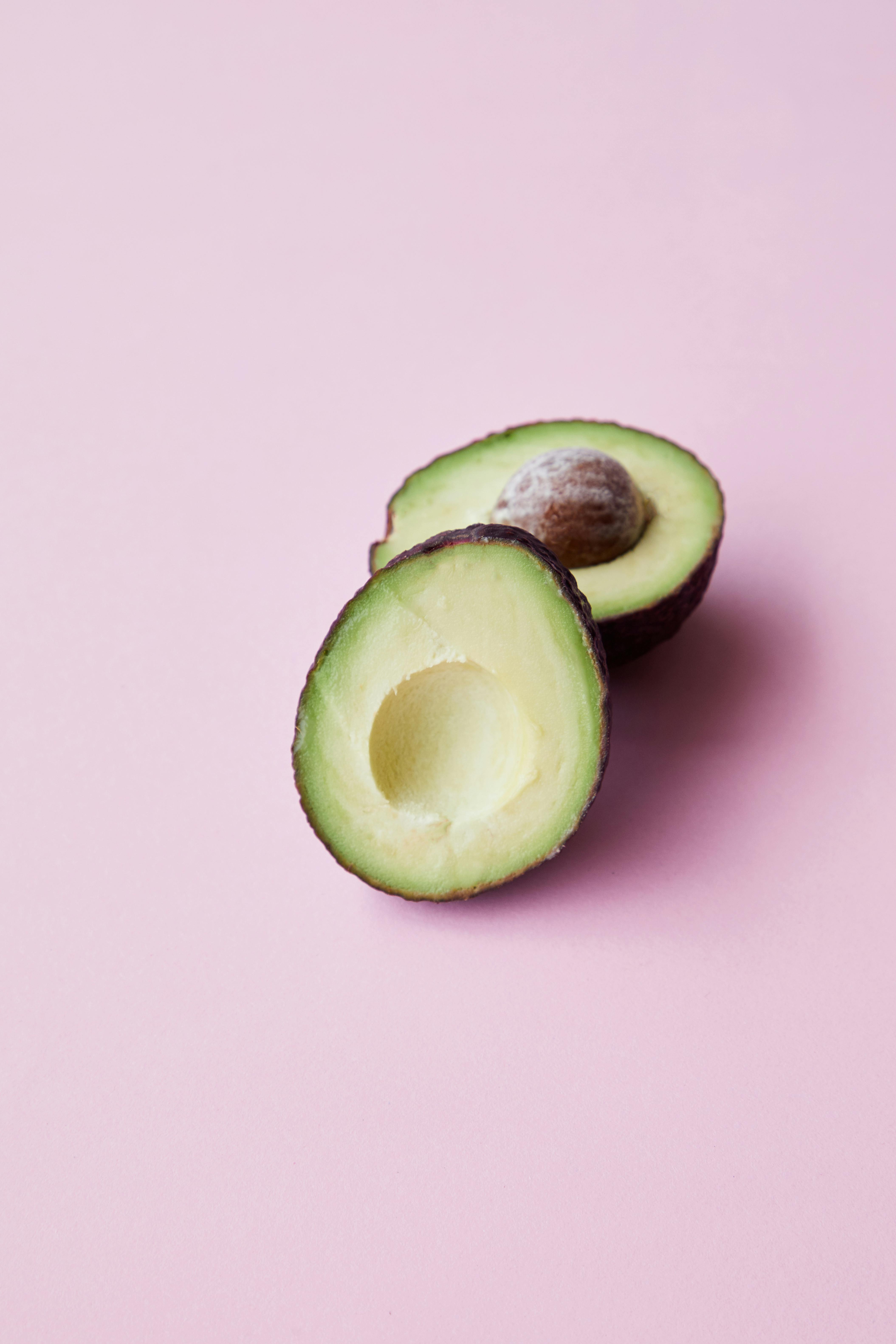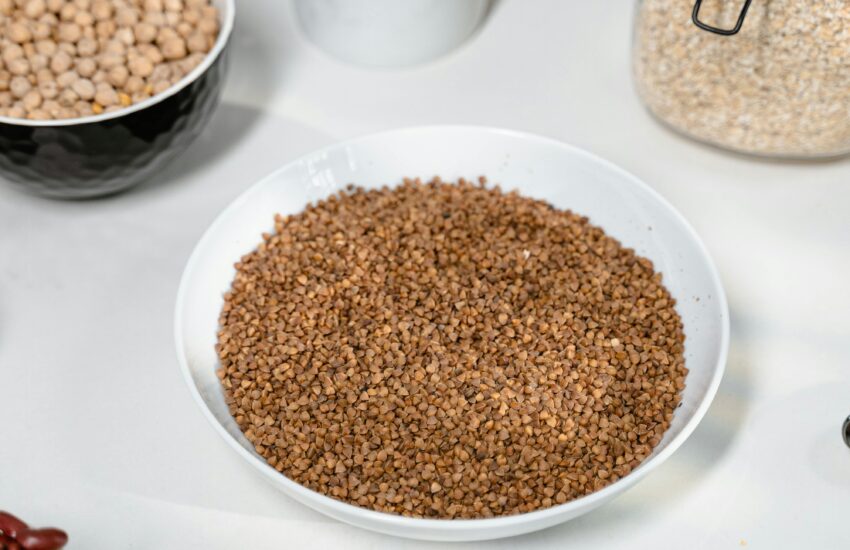Hamster Nutrition Basics
Proper nutrition is crucial for maintaining the health and wellness of hamsters. Just like humans, hamsters require a balanced diet to thrive. Understanding the specific dietary needs of your hamster can help ensure a long, happy life for your furry friend. In this article, we’ll explore the essential components of a hamster’s diet, the types of foods they need, and common mistakes to avoid when feeding them.
The Essential Diet Components for Hamsters
The foundation of a hamster’s diet should consist of high-quality commercial hamster pellets. These pellets are formulated to meet their nutritional needs, providing a balanced mix of protein, carbohydrates, fiber, vitamins, and minerals. Hamster pellets contain all the essential nutrients hamsters need to stay healthy and active. While pellets should be the staple of their diet, it’s vital to complement them with other food sources.
Fresh Fruits and Vegetables
In addition to pellets, fresh fruits and vegetables are an excellent way to diversify your hamster’s diet. Foods like carrots, broccoli, and apples can provide vital vitamins and hydration. Remember to introduce these foods gradually and in moderation, as too much can upset their digestive systems. Always wash fruits and vegetables thoroughly before offering them. For example:
- Carrots: Rich in beta-carotene, which contributes to good vision.
- Broccoli: Provides essential vitamins C and K.
- Apples: A tasty treat, but be sure to remove the seeds as they can be toxic.

Proteins in Your Hamster’s Diet
Another significant component of a hamster’s nutrition is protein. Proteins are essential for muscle growth and repair, as well as maintaining overall health. You can provide high-quality protein sources such as cooked chicken, boiled eggs, or even specific commercial protein treats designed for hamsters. Ensure that protein makes up about 15-20% of their diet. Too much protein can lead to health issues, so moderation is crucial.
Common Food Mistakes to Avoid
A common mistake many hamster owners make is overfeeding or providing unhealthy treats. While it’s tempting to offer sugary or fatty foods, these can lead to obesity and other health problems. Always stick to recommended food portions to maintain a healthy weight. Additionally, avoid feeding them foods that are toxic to hamsters, such as chocolate, onion, and garlic.
Understanding Fiber Needs
A hamster’s digestive system requires a high-fiber diet. Look for foods specifically high in fiber to promote good digestive health. Timothy hay is an excellent source of fiber and can be offered alongside pellets. It’s essential for regulating their gut health and preventing issues like GI stasis. Ensure that hay is fresh and free from mold to maximize benefits.

The Role of Water in Hamster Nutrition
Water is often an overlooked aspect of hamster nutrition. Always ensure that your hamster has access to fresh, clean water daily. Dehydration can lead to severe health issues. Typically, a water bottle is the best option as it prevents contamination, but shallow dishes can also be used if they’re changed regularly. Keep an eye on their water intake and refill it as necessary.
Feeding Schedule and Portion Control
Establishing a feeding schedule is vital for your hamster’s health. Depending on the age and activity level of your hamster, you may need to adjust portion sizes. Generally, adult hamsters require about 1 tablespoon of pellets per day along with a few small pieces of fresh fruits and vegetables. It’s best to split meals between morning and evening so they have food available throughout their active hours.
Understanding Your Hamster’s Behavior
Hamsters can be finicky eaters, and it’s important to observe their eating habits. If your hamster is suddenly refusing food or showing signs of lethargy, it may indicate a health problem and should be addressed immediately by a veterinarian. Recognizing these behaviors can help you adjust their diet or seek professional advice when necessary.

Creating a Balanced Meal Plan
Creating a meal plan can simplify hamster feeding routines. A typical day might include hamster pellets in the morning, followed by a small serving of vegetables in the evening. This not only keeps their diet varied and interesting, but it also enables you to monitor their daily food intake effectively.
Key Takeaways
- Hamsters need a balanced diet that includes high-quality pellets, fresh fruits, vegetables, and protein.
- Introduce new foods gradually and observe your hamster’s preferences and reactions.
- Watch for overfeeding and ensure a high-fiber diet to maintain digestive health.
- Establish a feeding schedule to provide a consistent routine.
- Always provide fresh water and monitor your hamster’s health closely.
FAQ
1. Can hamsters eat nuts?
Yes, hamsters can eat nuts, but in moderation. Nuts provide healthy fats and protein, but they are also calorie-dense. Limit servings to a small piece occasionally, as too many can lead to obesity. Opt for unsalted, unseasoned nuts to keep it healthy.
2. How often should I change my hamster’s food?
It’s advisable to check and replenish your hamster’s food daily. Remove any uneaten fresh vegetables after 24 hours to avoid spoilage. Pellet food should be fresh and replaced every few days to keep it in optimal condition.
3. Are there foods I should never feed my hamster?
Yes, certain foods are toxic to hamsters. Avoid chocolate, caffeine, onions, garlic, and citrus fruits. These can be harmful and lead to severe health complications. Always research before introducing a new food.
4. How much fresh food can I give my hamster?
A good starting point is to give a small piece of fresh food or a tablespoon of chopped vegetables daily. Monitor your hamster’s eating habits to find a balance that works for them, avoiding overfeeding to prevent digestive issues.
5. What signs indicate that my hamster is not eating properly?
Signs of improper nutrition may include weight loss, lethargy, or a noticeable decrease in activity. If you observe these symptoms, consider adjusting their diet or consulting with a vet for professional guidance.
Proper hamster nutrition is vital for their well-being. By understanding their dietary needs and making informed food choices, you can help your furry friend lead a healthy and fulfilling life.
